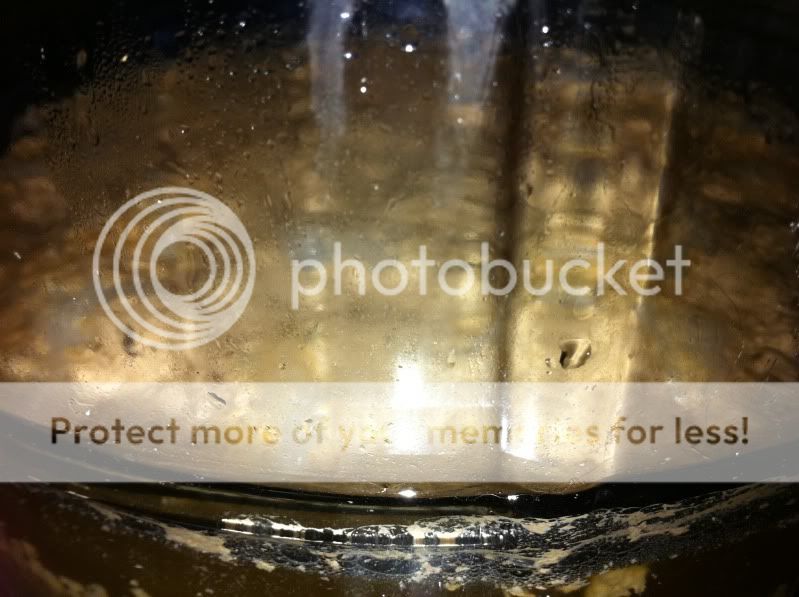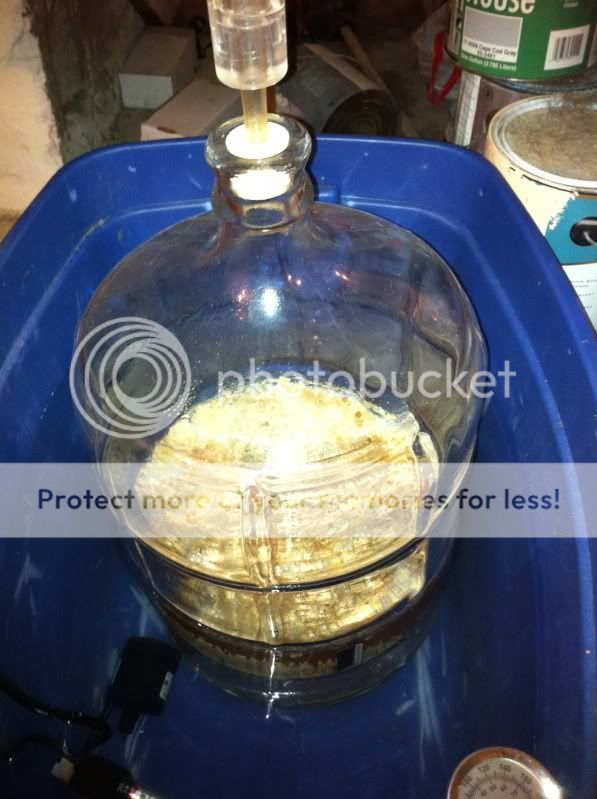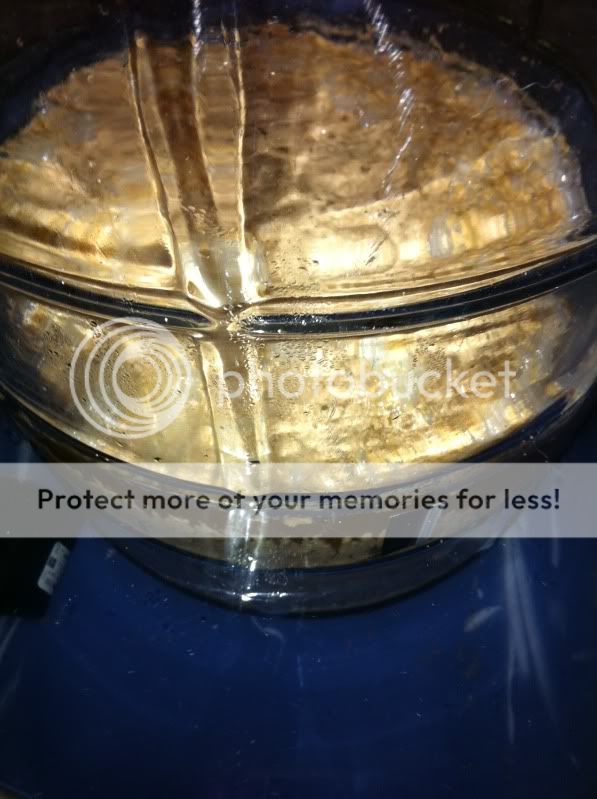I recently bought the book "Brewing Classic Styles" By Jamil Zainasheff and John Palmer. After perusing it, I started thinking. I'm 26, and am relatively new to craft beer, hell, beer in general.
When I brew, I usually stick to what I like, which is fine, since I am the sole consumer, for the most part. However, sticking with what you know is hardly a good way to broaden one's tastes.
Additionally, I can definitely see myself involved in some type of commercial brewing operation at some point in my life. Maybe not now, maybe not 10 years, but perhaps once I am settled in my career, and want to focus on my retirement plans.
Noobness and general beer ignorance are hardly good characteristics of a good brewer, so I'm starting a journey: Brew every single style out of "Brewing Classic Styles," and document each brew along the way.
Feel free to offer tips or tricks (either to process or specific brews themselves) along the way, or just tag along. Should be a delicious trip
My setup includes:
5 gallon mash tun w/CPVC manifold
5 gallon HLT
30 qt aluminum kettle
Bayou Classic Burner
DIY Solderless Counterflow Chiller (Thanks HBT!)
I only have 2 batches under my belt with this setup, so like I said, feel free to offer advice.
Wish list of things to acquire during this journey:
1. Fermentation fridge
2. Temp controller
3. barley crusher
4. 2nd burner for HLT
5. kettle for HLT
I'll be concurrently building a man cave/brewery in my garage during this process, and I'd like to build a 3 tier rig in the near future as well.
When I brew, I usually stick to what I like, which is fine, since I am the sole consumer, for the most part. However, sticking with what you know is hardly a good way to broaden one's tastes.
Additionally, I can definitely see myself involved in some type of commercial brewing operation at some point in my life. Maybe not now, maybe not 10 years, but perhaps once I am settled in my career, and want to focus on my retirement plans.
Noobness and general beer ignorance are hardly good characteristics of a good brewer, so I'm starting a journey: Brew every single style out of "Brewing Classic Styles," and document each brew along the way.
Feel free to offer tips or tricks (either to process or specific brews themselves) along the way, or just tag along. Should be a delicious trip

My setup includes:
5 gallon mash tun w/CPVC manifold
5 gallon HLT
30 qt aluminum kettle
Bayou Classic Burner
DIY Solderless Counterflow Chiller (Thanks HBT!)
I only have 2 batches under my belt with this setup, so like I said, feel free to offer advice.
Wish list of things to acquire during this journey:
1. Fermentation fridge
2. Temp controller
3. barley crusher
4. 2nd burner for HLT
5. kettle for HLT
I'll be concurrently building a man cave/brewery in my garage during this process, and I'd like to build a 3 tier rig in the near future as well.







